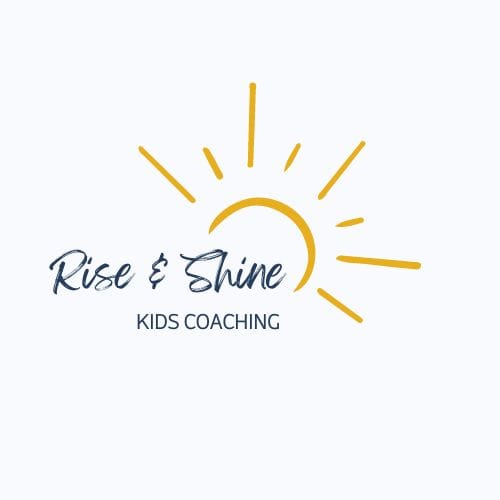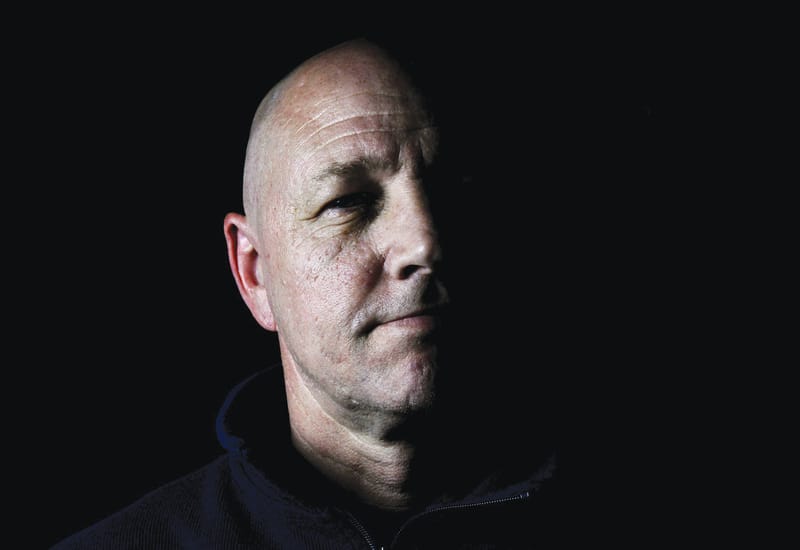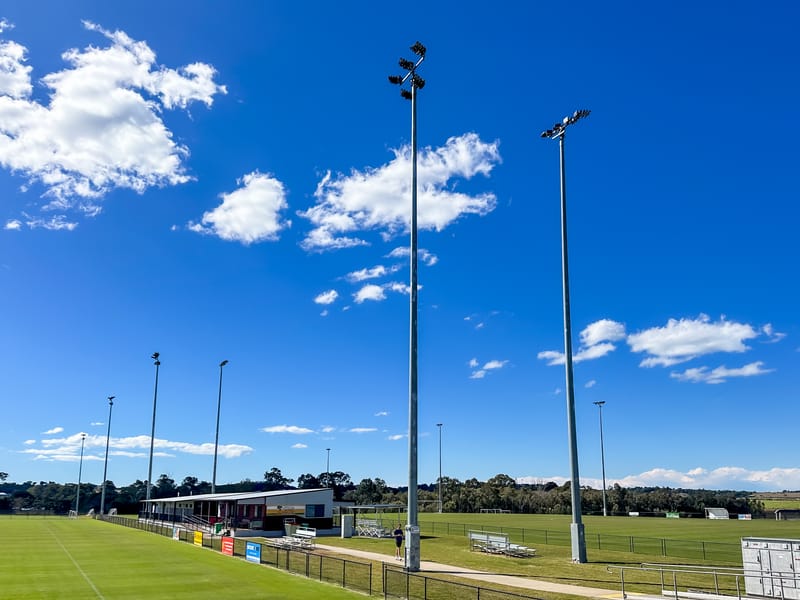Building emotional regulation skills in primary school kids

IN CLASSROOMS and homes across the Fraser Coast, more families and teachers are noticing that children are struggling with emotional regulation.
Big feelings like frustration, anxiety, anger and overwhelm can show up quickly in primary-aged kids, often before they even have the words or confidence to express what they need.
The good news? Emotional regulation is a skill — and just like reading or riding a bike, it can be taught, practised and strengthened with the right tools.
A key first step is learning to recognise what’s happening inside their bodies. Children often feel emotions physically long before they can communicate them.
These “body clues” might include a tight chest, butterflies in the stomach, clenched fists, a racing heart or a tense jaw.
Helping kids notice these early sensations gives them the chance to pause and understand what their body is trying to tell them.
Once children can tune into these clues, the next step is naming the emotion. When kids label what they feel - “I’m frustrated,” “I feel worried,” or “I’m embarrassed” - the emotional intensity reduces.
Adults can model this by naming their own feelings in everyday moments, teaching children that all emotions are healthy and normal.
The more we try to push feelings like anger or anxiety away, the stronger they tend to return. Acknowledging them is what helps them move through.
After recognising and naming their emotions, children can begin using tools to regulate their nervous system.
Slow belly breathing, tapping their chest, stretching, grounding exercises, or spending time in a quiet space can steady their body and help them feel back in control.
Even one minute of deep breathing can shift a child from fight-or-flight into a more balanced state.
Strong, supportive relationships make these skills even more powerful.
When kids know they have a trusted adult who listens without judgement, they feel safer exploring their emotions and practising these strategies consistently.
Importantly, teaching emotional regulation early is also a form of prevention.
Research shows that children who develop strong emotional skills are less likely to engage in violence, crime, substance abuse or self-harm later in life.
By investing in emotional regulation today, we are creating healthier, safer futures for our children and strengthening the wellbeing of our whole community.
Amy Klupp
Rise and Shine Kids Coaching







